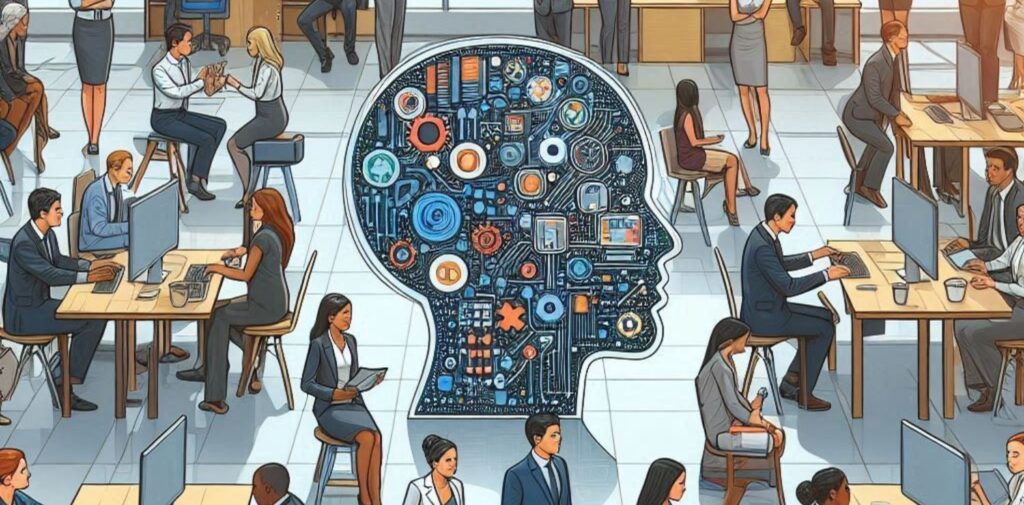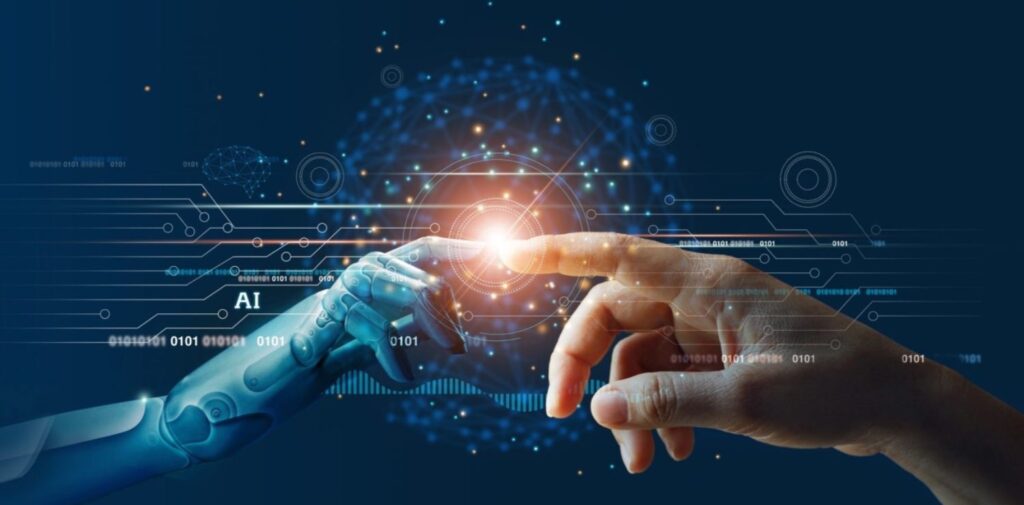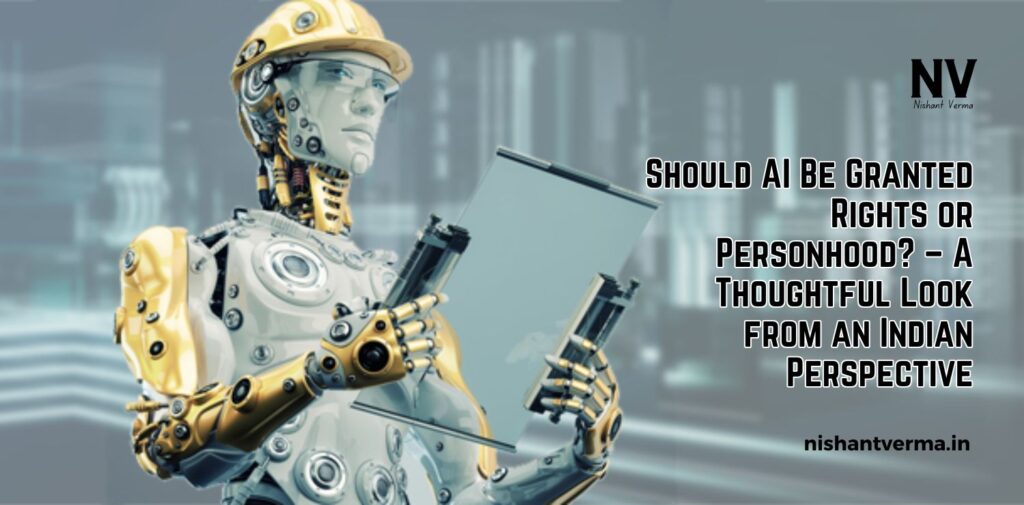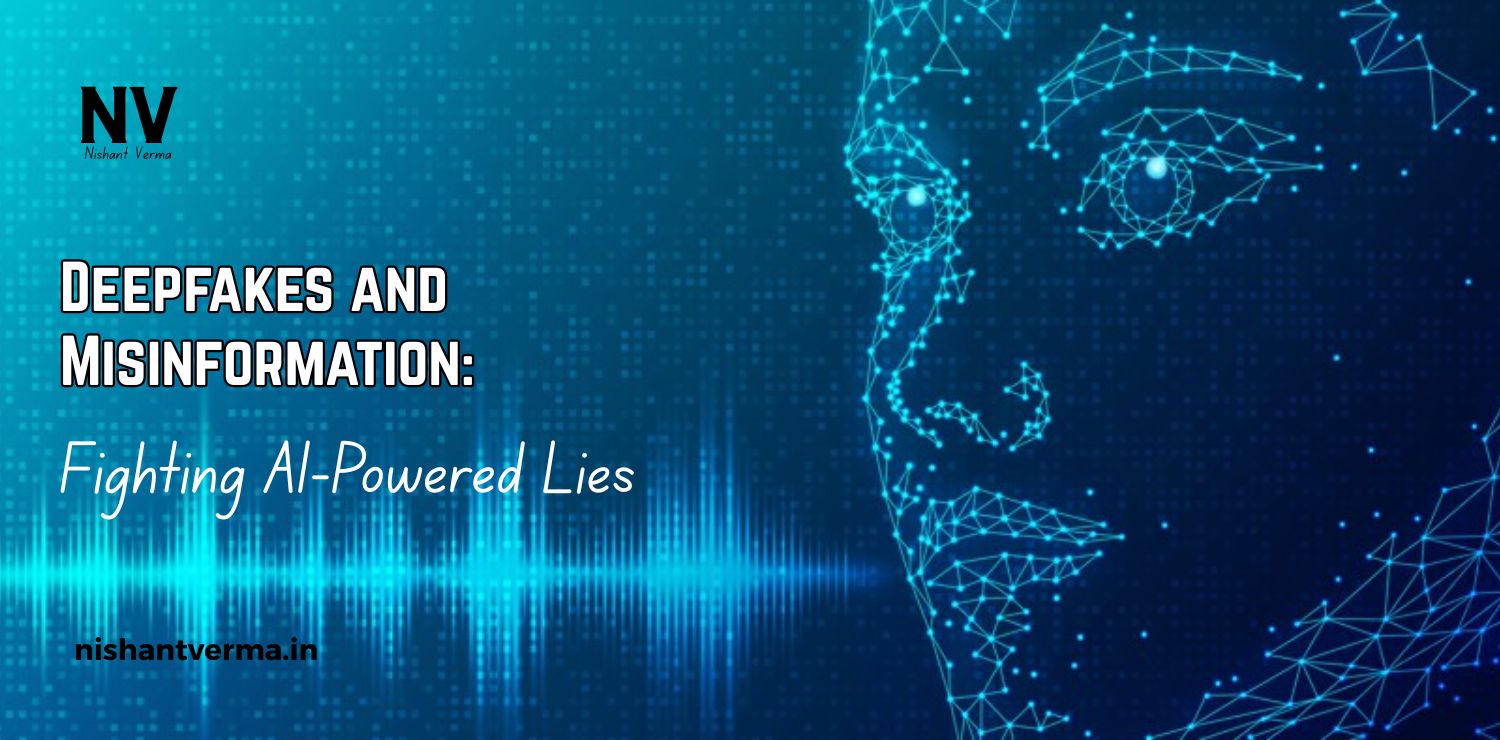In today’s fast-changing world, Artificial Intelligence (AI) is becoming a part of our daily lives. From voice assistants like Alexa and Siri to smart cars and chatbots, AI is no longer a concept from science fiction. It is real, and it is growing rapidly. But with this growth, a big question arises – should AI be granted rights or personhood? This article takes a simple, easy-to-understand look at this topic from an Indian point of view and explores whether machines that can think and act like humans should be treated like humans too.

Understanding AI and What It Means to Be a ‘Person’
Before we dive into the debate, let’s understand what AI and personhood actually mean. AI, or Artificial Intelligence, is a branch of computer science that allows machines to perform tasks that usually require human intelligence. This includes understanding language, solving problems, learning from experience, and making decisions.
Now, personhood is a legal and philosophical concept. In simple words, a person is someone who has rights, duties, and responsibilities. In India, personhood is not just limited to human beings. Even rivers like the Ganga and Yamuna have been granted the status of legal persons by courts in some cases. So, the idea of giving legal personhood to non-human entities is not completely new in India.
Why Some People Think AI Deserves Rights
There are several reasons why some experts believe AI, especially highly advanced AI, should be given some kind of rights:
First, as AI becomes more intelligent, it can start to feel very human-like. Some AI programs can hold conversations, show emotions, and even learn new things over time. If an AI can think and feel, then should we treat it like a person?
Second, if AI systems are responsible for important tasks, like driving a car or assisting in surgery, they might need to be held accountable for their actions. If an AI makes a mistake, who should be blamed? The programmer, the user, or the AI itself?
Third, just like we protect animals from cruelty, some believe we should also protect advanced AI from being misused or abused, especially if they seem to have emotions or awareness.
Arguments Against Giving Rights to AI
However, there are also strong arguments against giving AI rights or personhood:
The biggest reason is that AI is not alive. It doesn’t have feelings, a soul, or consciousness. It only follows the instructions given by humans. No matter how smart it becomes, it is still a machine at its core.
Secondly, giving rights to AI could create confusion in society. If a machine is treated like a human, it could challenge our legal, moral, and social systems. For example, can AI vote, marry, or own property? These are complex issues that need careful thought.
Also, AI is created by humans. Granting it personhood may lead to avoiding human responsibility. If an AI makes a harmful decision, we should be holding the creators or users accountable, not the machine.

The Indian Context – Culture, Law, and Technology
India is a country with a rich cultural and spiritual background. In our traditions, we have always respected living beings, nature, and even objects. People often treat machines with a certain level of respect – like applying a tilak to a new vehicle or worshipping tools on Vishwakarma Puja. However, this is symbolic and spiritual, not legal.
In terms of law, India does not recognize AI as a legal person. According to Indian law, only natural persons (humans) and legal persons (like companies) have rights and responsibilities. AI currently does not fall under either category.
India is also still developing its AI technology. While we have made great progress in using AI for education, healthcare, agriculture, and governance, our systems are not yet at a stage where AI needs legal rights. Our focus is more on using AI to improve life, not on granting it legal status.
What Can Be Done Instead of Giving AI Rights
Even if AI is not given rights, we can still regulate its use in a way that is fair and responsible. Here are some ways to do that:
- Create ethical guidelines for AI: India should develop strong rules for how AI is designed and used. These rules should make sure AI is fair, transparent, and does not harm people.
- Hold developers accountable: If an AI system causes harm, the people who created, trained, or used it should be held responsible.
- Protect human jobs: As AI becomes more common, many fear it will take away jobs. The government and companies should invest in skill development and training to help workers move into new roles.
- Educate people about AI: Most people in India still don’t fully understand AI. We need to create awareness through education, so people can use AI safely and smartly.

The Future of AI and Humanity – A Partnership, Not a Competition
AI is not our enemy, nor is it our equal. It is a powerful tool that, if used wisely, can bring huge benefits to society. But it is still just that – a tool. We should use it to solve problems, not treat it as a human.
Instead of giving rights to AI, we should focus on making sure it is used responsibly. Our goal should be to create a future where humans and AI work together to build a better world, without blurring the lines between person and machine.
Conclusion – A Balanced Approach is Best
In the Indian context, giving rights or personhood to AI is not necessary or practical at this stage. While AI is advancing fast, it still lacks emotions, consciousness, and a moral compass – qualities that define us as humans. We should not confuse intelligence with humanity.
India must create smart, ethical, and clear policies that guide the development and use of AI. Rather than granting it rights, let us ensure that AI remains a safe, helpful, and supportive tool in our journey towards progress. That is the wise and culturally appropriate path forward.




